Washington, D.C. is more than just the nation’s capital — it’s a vibrant, evolving city with a rich history, layered cultures, and tightly woven neighborhoods. From the stoops of Southeast to the buzzing corridors of Northwest, each quadrant carries its own unique rhythm. But as the city continues to grow and transform, one question becomes increasingly important: What does it mean to be a good neighbor in today’s D.C.?
Ahead of the upcoming “Ask a D.C. Native” Live! event on May 19 at the Eaton House, long-time resident India Kea, a third-generation Washingtonian, shares her thoughts on the city’s changing landscape and the community values that continue to bind it together.
Witnessing a City in Transformation
As someone who grew up in D.C., India has had a front-row seat to the city’s evolution. Over the years, she has seen communities shift — not just in terms of infrastructure, but in the very energy that defines them.
“What was once a more relaxed, steady rhythm has sped up significantly,” she says, reflecting on how modernization and gentrification have brought both opportunity and displacement. “Some neighborhoods still hold on to their roots, while others have been reshaped into polished, upscale spaces.”
Gone are some of the staples that defined childhoods in the District — neighborhood block parties, local corner stores, and the beloved “candy ladies” who once served up treats and neighborhood wisdom in equal measure. But while these outward expressions may fade, the spirit of community and connection still burns strong among D.C. natives.
Building Better Blocks: Simple Ways to Be a Great Neighbor
India believes that creating a more unified, compassionate city starts with small acts of neighborliness. Here are some of her key tips for fostering community in your corner of the District:
✅ Embrace the Diversity Around You
D.C. is home to people from all walks of life. Even if you don’t share the same background or views as your neighbor, showing respect and keeping an open mind makes your street or building a more inclusive place for everyone.
✅ Communicate Proactively
Planning a gathering? Starting a home renovation project? Give your neighbors a heads-up. Transparency fosters goodwill and helps prevent unnecessary conflict.
✅ Get Involved
Join a local cleanup, support nearby businesses, or volunteer at a school. Even a simple wave or greeting can build relationships. Small gestures matter.
✅ Respect Shared Spaces
Keep noise to a minimum, especially in the evenings. Be courteous in hallways, laundry rooms, and community areas — these small actions add up to a more pleasant living environment.
✅ Maintain Your Area
Whether it’s sweeping the front steps or picking up litter from the sidewalk, taking pride in your space encourages others to do the same.
✅ Plug into Community Resources
D.C. has plenty of support systems that empower residents to build stronger neighborhoods. Being aware of them makes you a more informed, resourceful neighbor.
Know Where to Turn: Local Resources That Strengthen Communities
Here are some helpful organizations every D.C. resident should know about:
-
Everyone Home DC
Offers support to those facing homelessness and housing instability, and shares ways residents can get involved in creating lasting solutions. -
DC Villages
A network of 13 neighborhoods designed to help seniors stay engaged and independent. These volunteer-led groups connect older residents with services and support. -
Capital Area Food Bank
Operates a vast network of food assistance programs. Residents can both donate or direct those in need to their nearest food pantry. -
Multi-Door Dispute Resolution Division
This D.C. Courts program offers mediation services to help neighbors resolve conflicts peacefully, without going to court. -
Wendt Center for Loss and Healing
Offers trauma and grief support to individuals of all ages. A vital resource for community members coping with difficult times.
Learn Before You Lead
One of India’s most powerful messages is the importance of learning about your community before trying to change it. Too often, well-meaning newcomers launch initiatives without understanding the history, culture, or needs of the neighborhood.
“Before advocating for change, get to know your neighborhood’s story,” India urges. “Understanding its roots makes you a more respectful and effective neighbor.”
Why Neighborliness Still Matters in D.C.
With fast-paced development and shifting demographics, it’s easy to feel disconnected in today’s D.C. But India believes that intentional connection can bridge these divides.
“My wish is that more people would ask themselves what being a good neighbor truly means,” she says. “When we prioritize community, everyone benefits.”
For her, neighborliness isn’t just about where you live — it’s about how you live alongside others.
Join the Conversation
To explore these themes further, attend “Ask a D.C. Native” Live! on Sunday, May 19 at Eaton House, located at 1203 K Street NW, Washington, D.C. Hosted by poet and activist Dwayne Lawson-Brown, the event will feature a live quiz show where two teams of lifelong D.C. residents test their knowledge of the city’s culture, history, and identity.
This gathering is more than just a celebration — it’s a call to action. A chance for locals, new and old, to reflect on the values that make D.C. not just a place to live, but a place to belong.
Final Thoughts
As the District continues to change, so too must the ways we show up for one another. Whether it’s a smile in the hallway, a helping hand at the food pantry, or simply listening with empathy, we all have a role to play in shaping D.C.’s future.
Being a good neighbor isn’t about grand gestures — it’s about making daily choices that build trust, respect, and community. And in a city like D.C., with its rich past and promising future, that effort is more important than ever.

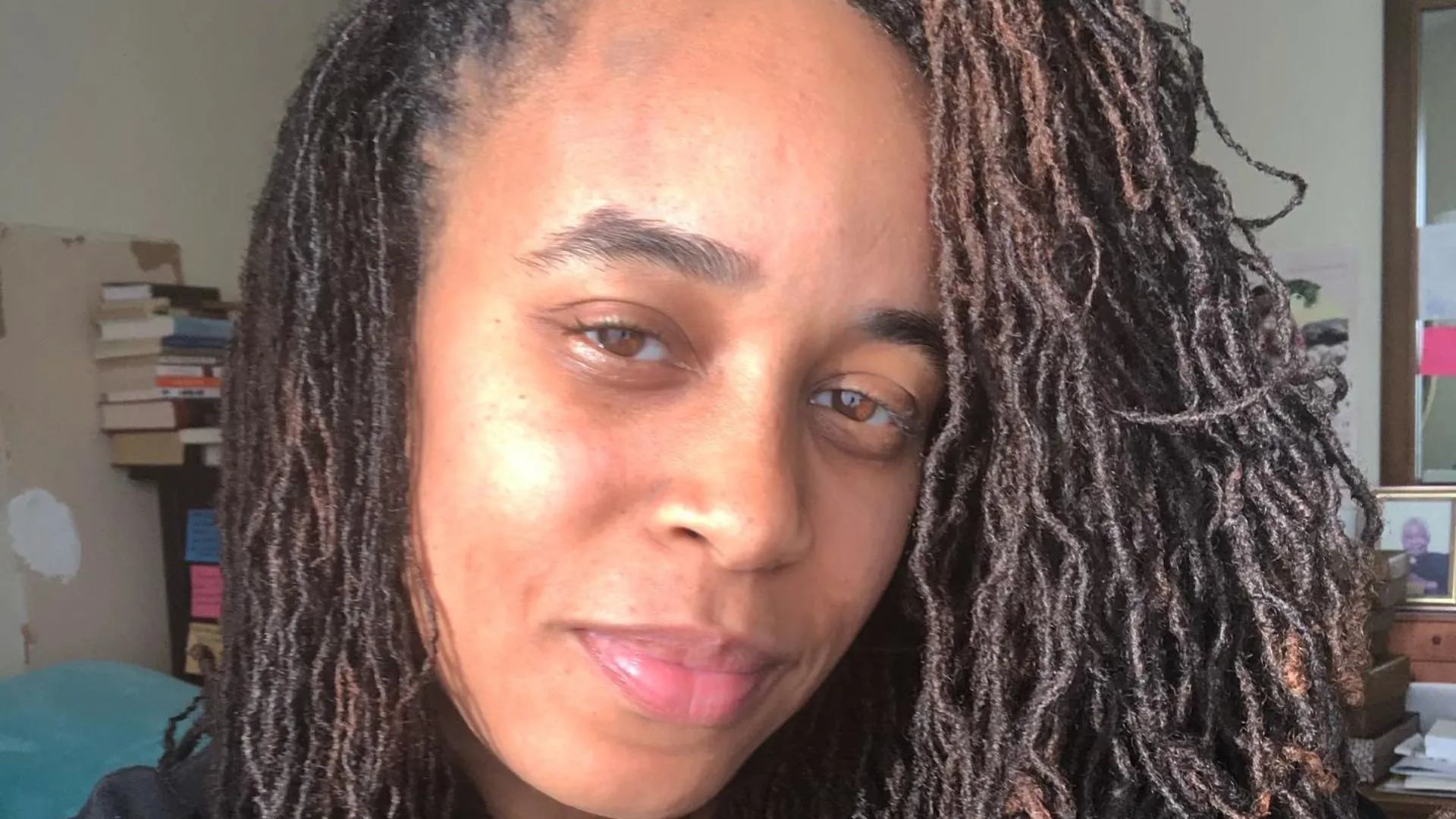


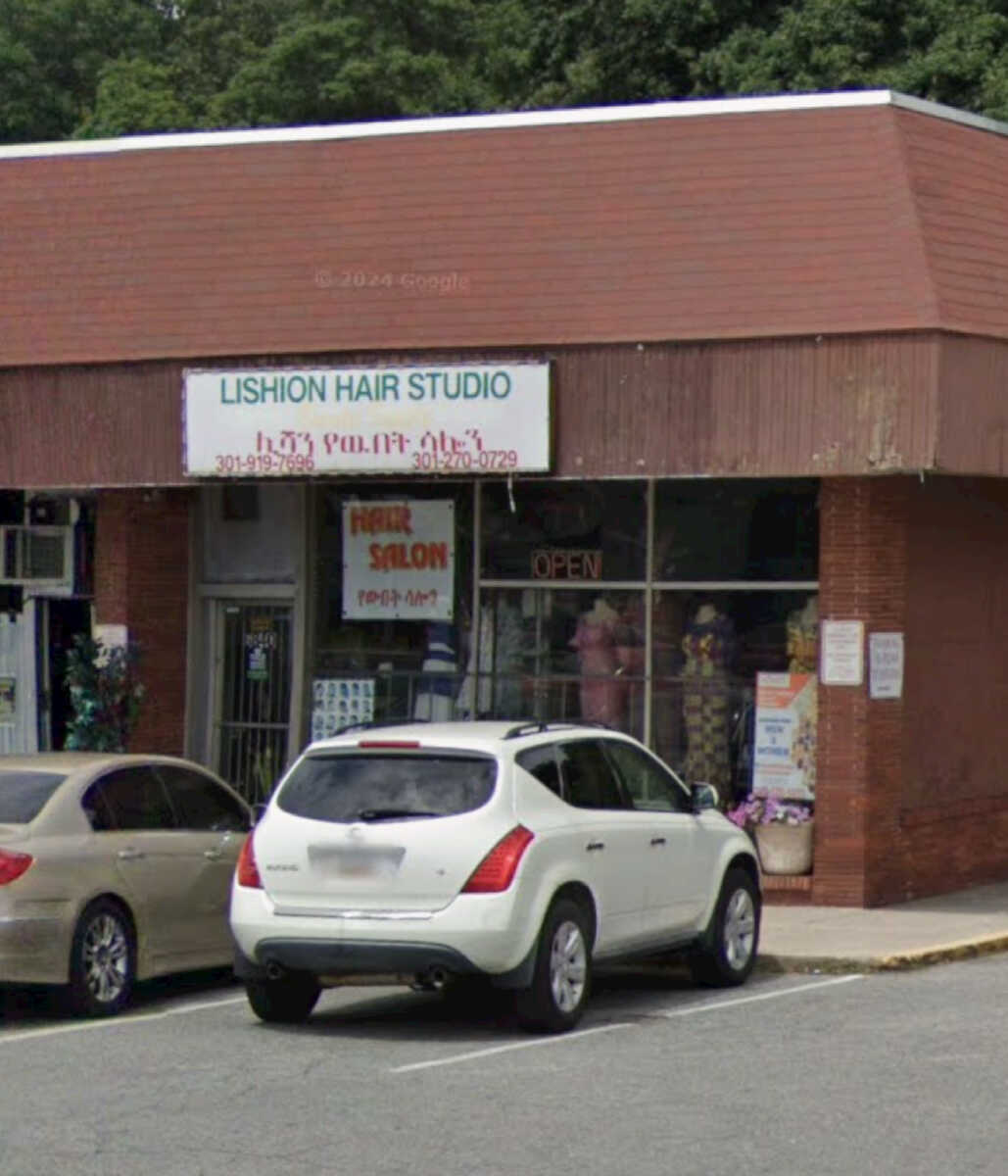
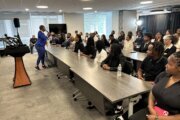
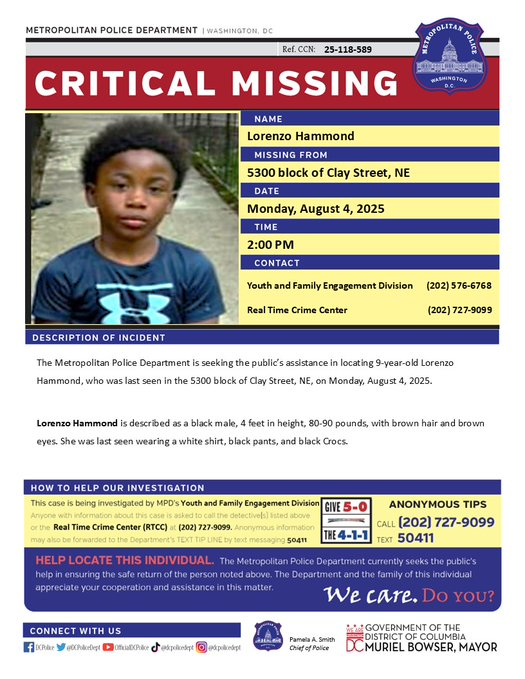
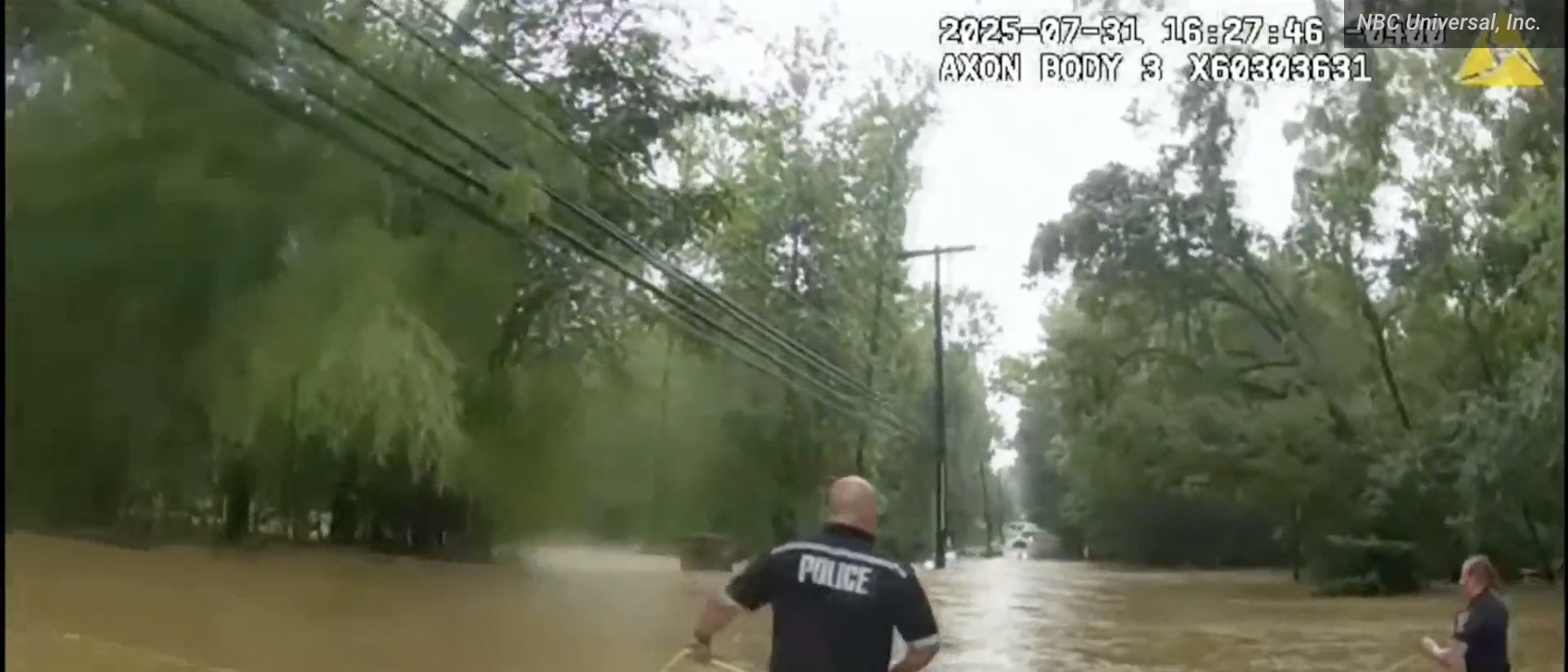
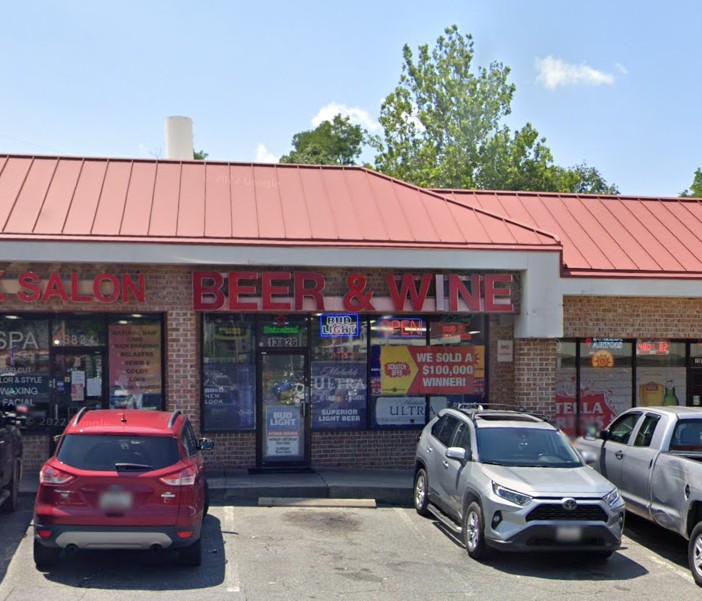
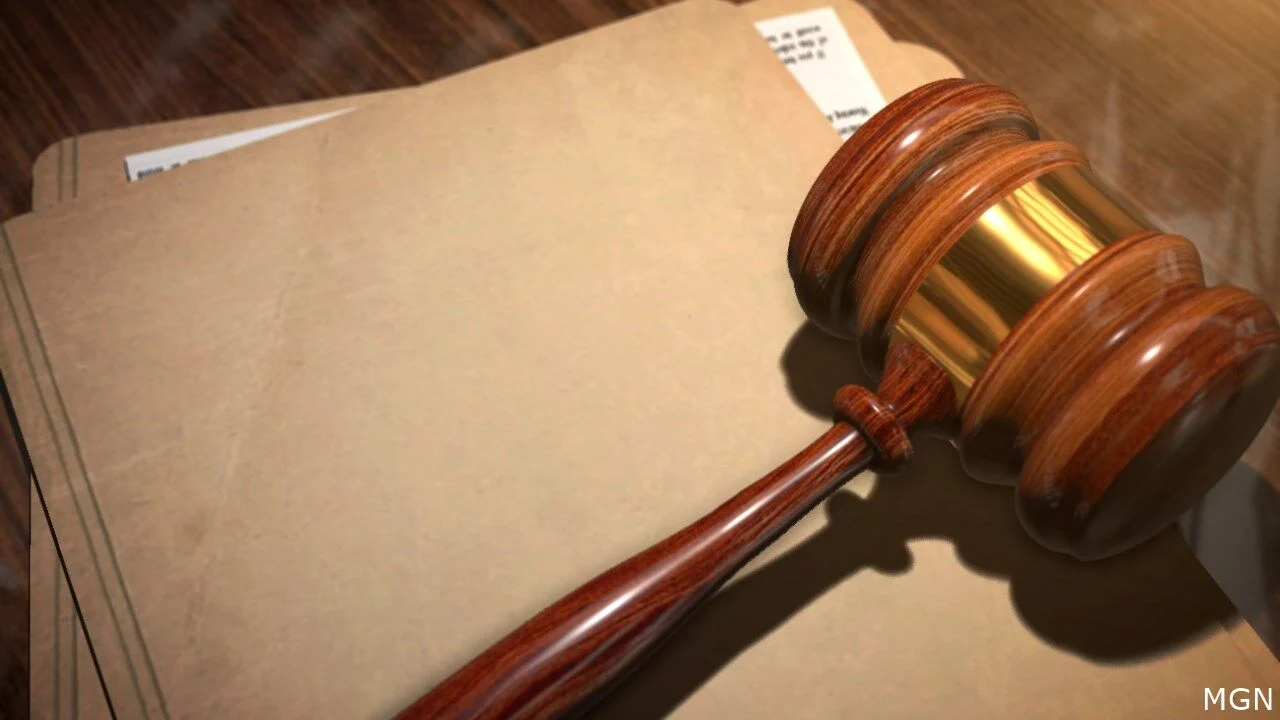
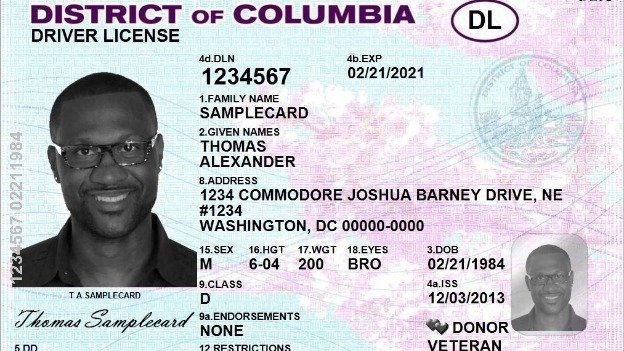
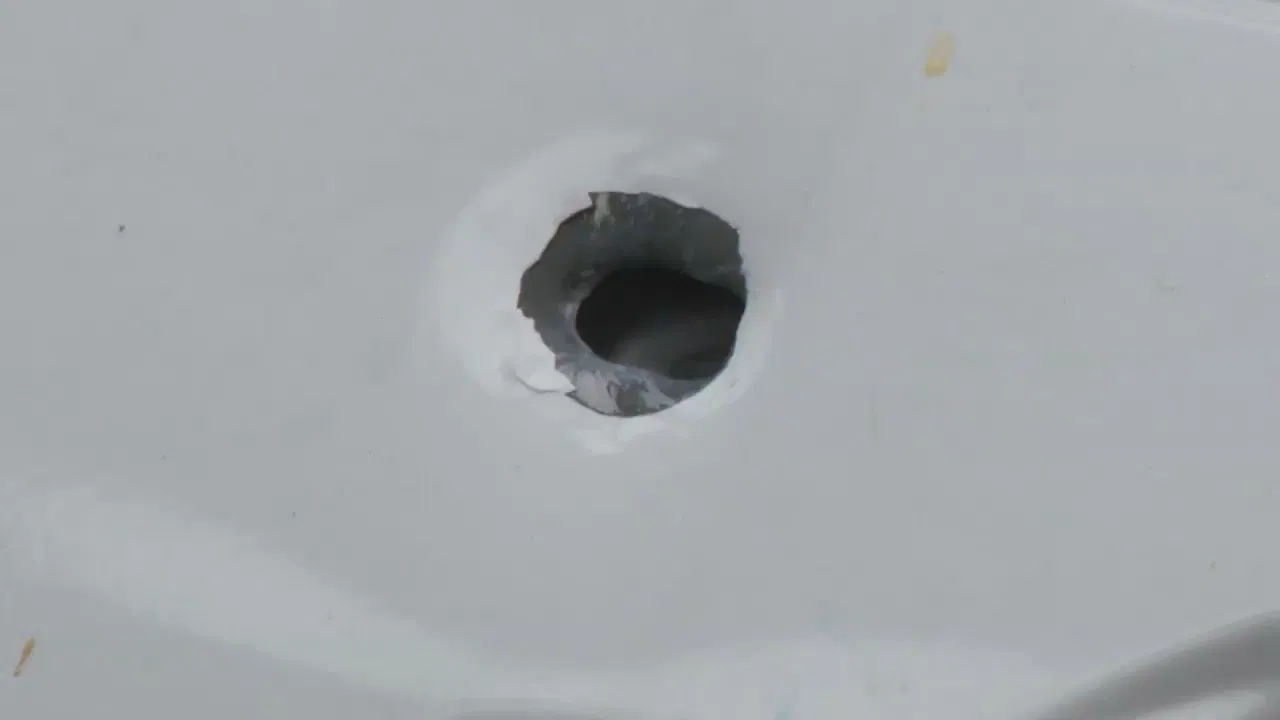
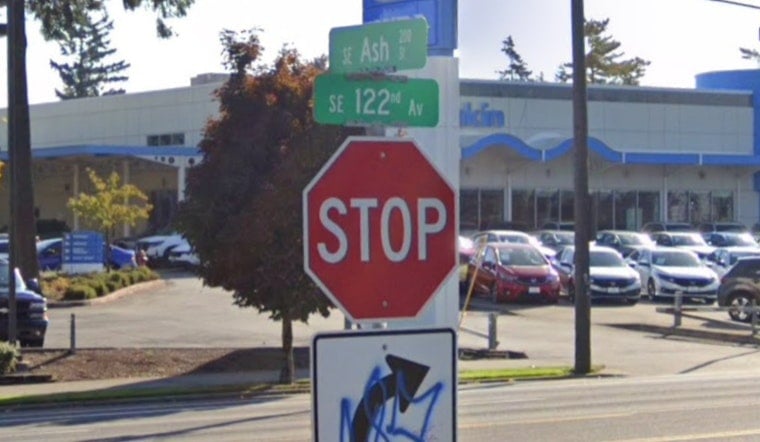

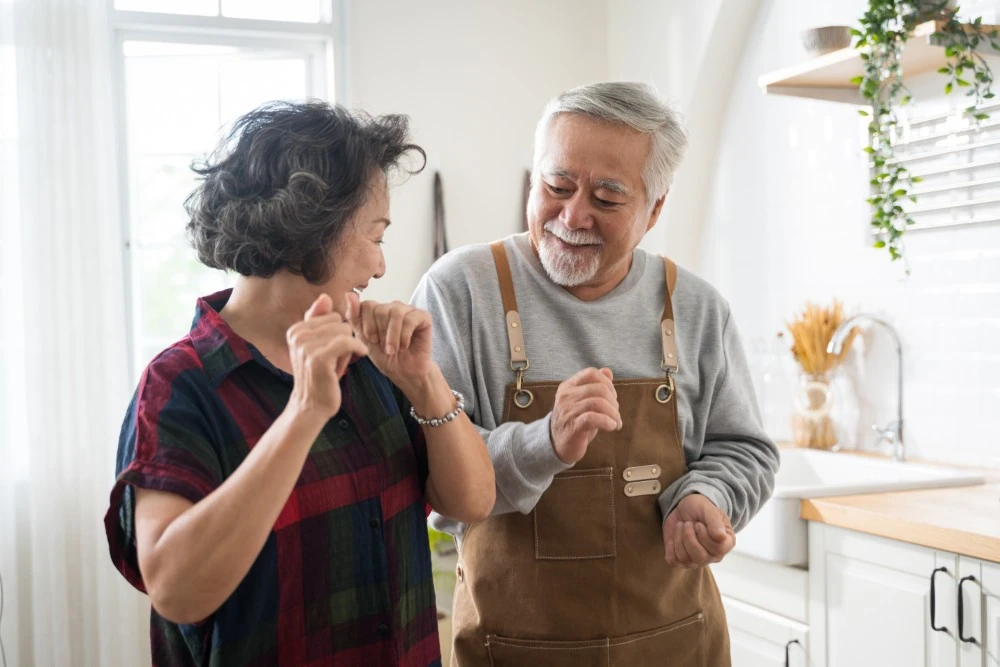
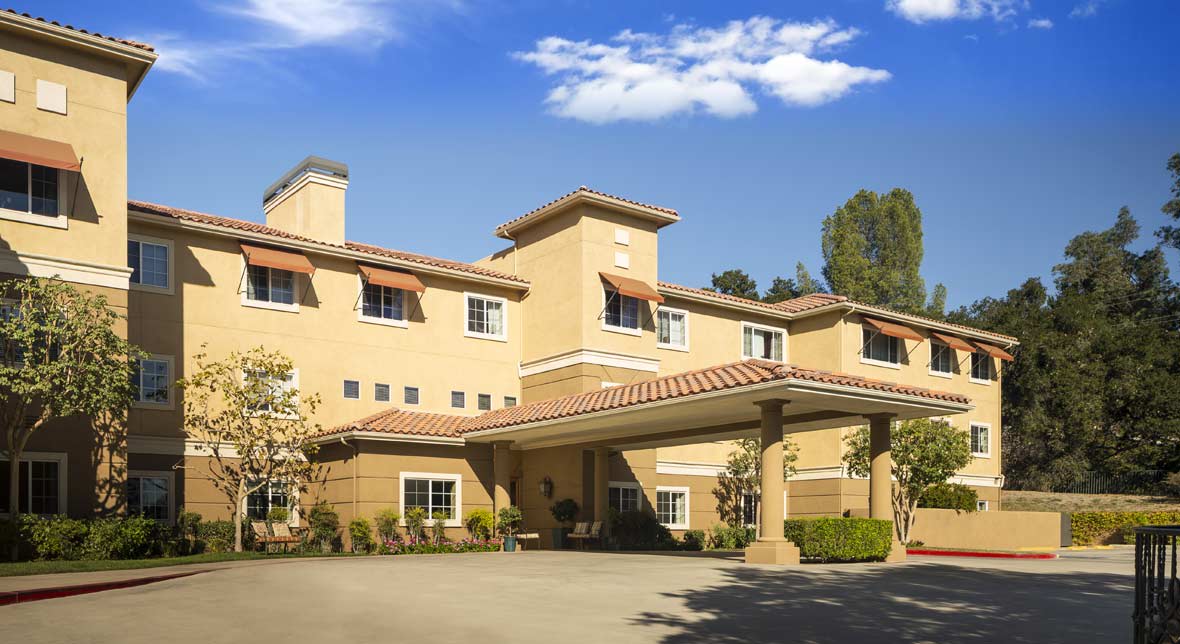
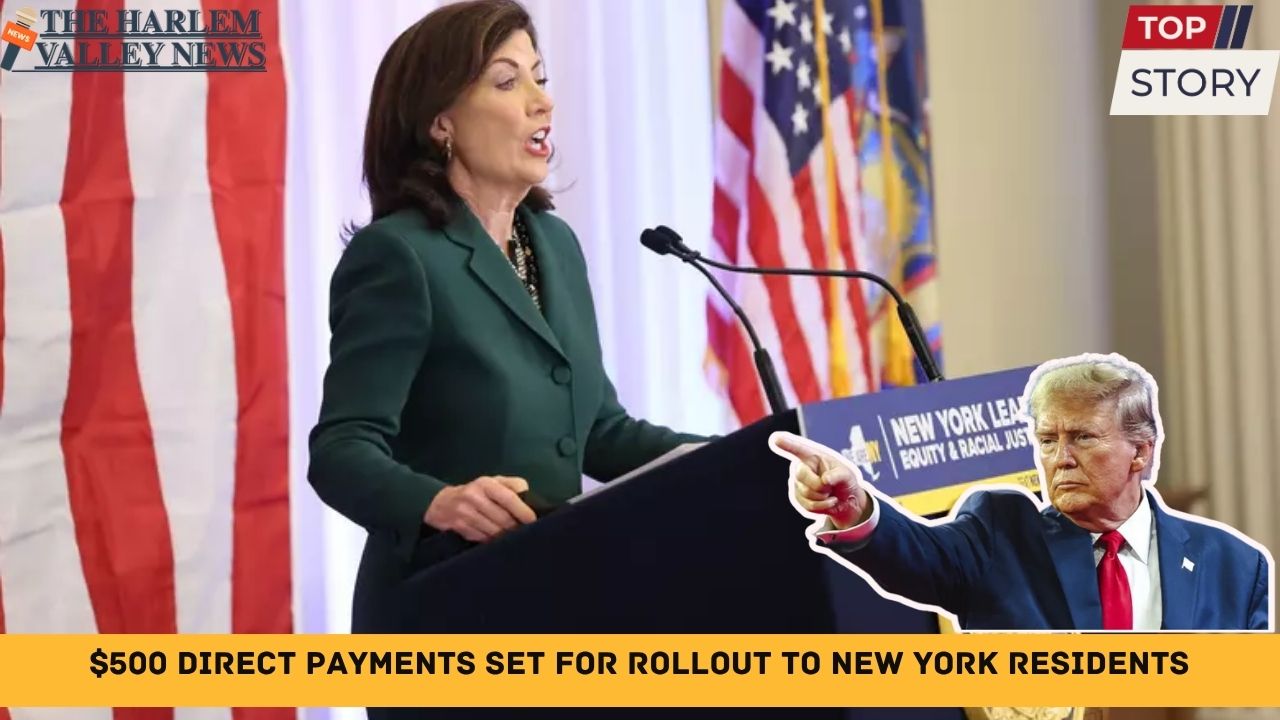
Leave a Reply